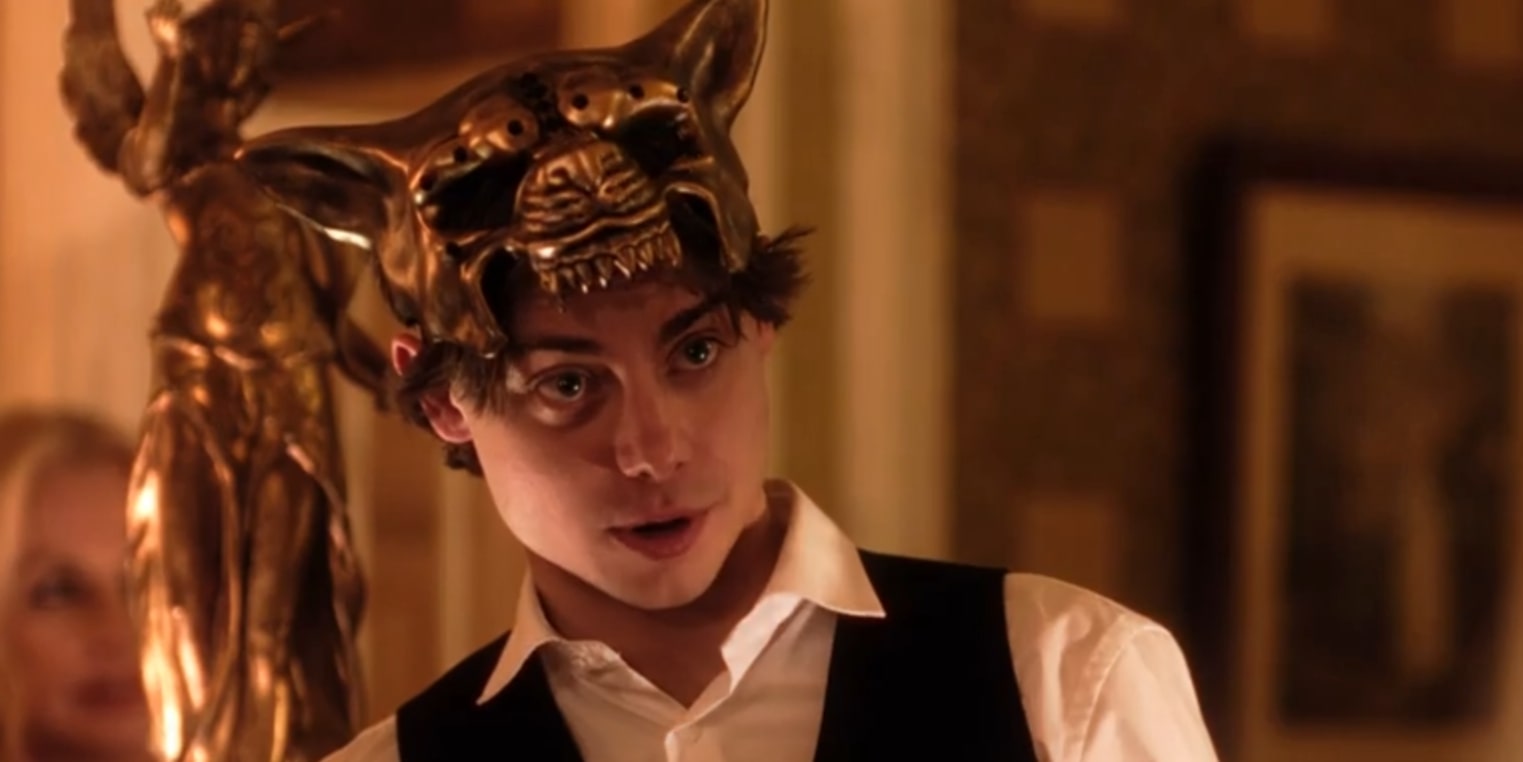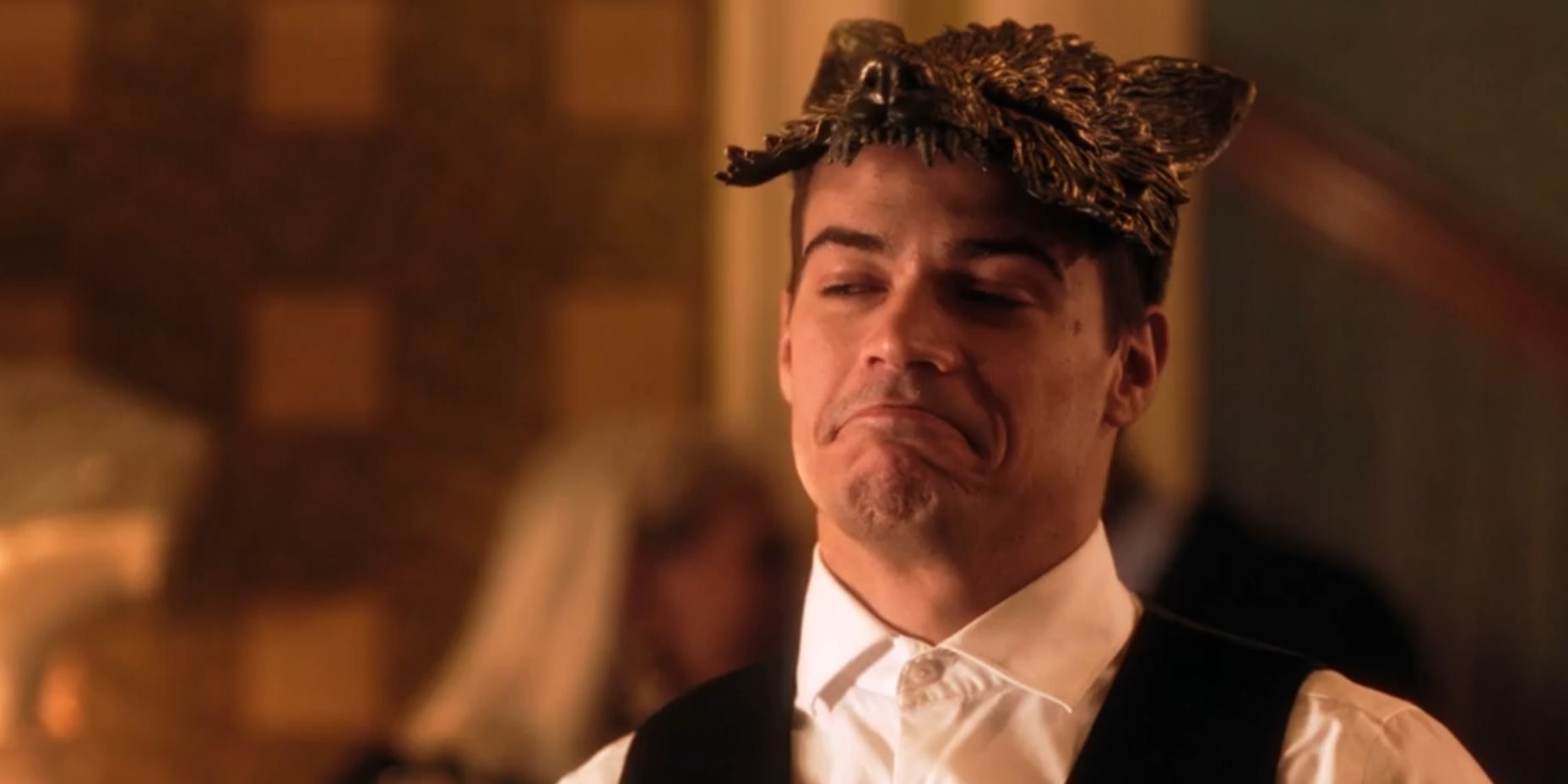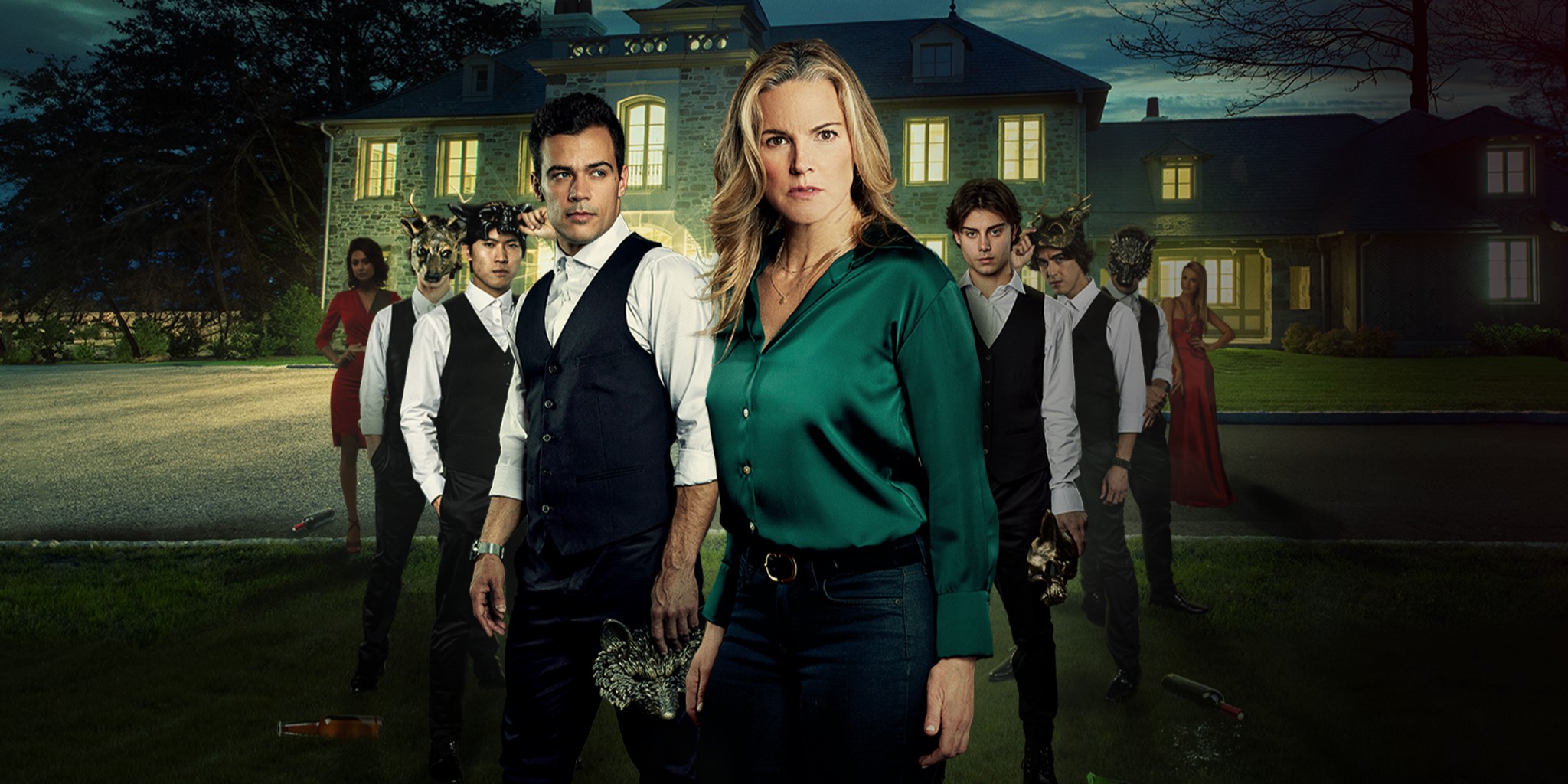Directed by Meeshelle Neal, ‘My Son’s Deception’ introduces us to Maria and her teenage son, Jackson, who find themselves on the brink of losing their beloved family restaurant, a cherished legacy from Jackson’s late father, Harry. With mounting financial troubles threatening their livelihood, Jackson is approached by Tyler, a well-connected teammate from his soccer team. Tyler presents him with an enticing opportunity: help host lavish parties attended by affluent individuals and earn large sums of money as a result. With the idea seeming like his family business’ salvation, Jackson agrees and enters the opulent world of the ultra-wealthy.
However, he is taken aback by the explicit demands of the work and has a breakdown. When he expresses his need to leave, Tyler threatens him with compromising footage if he dares to back out of their agreement. Meanwhile, Maria starts noticing troubling signs in Jackson’s behavior and becomes increasingly concerned. As she investigates further, Maria uncovers the disturbing truth about Tyler’s operations and the dark underbelly of the seemingly glamorous world her son has been drawn into. She realizes that Jackson has become entangled in a network of exploitation that is rooted far deeper in their community than she could have imagined. The Lifetime film narrates a thrilling story full of twists and turns that lead to questions regarding its inspirations.
My Son’s Deception Creates a Gripping Tale of Anti-Elitism and Corruption

Written by Jasper Garner Gore, Lachlan Marks, and Bec Moret, ‘My Son’s Deception’ is a fictional story that may seem somewhat believable due to some real-life reports and other films having similar occurrences to its key plot points. In addition, there are several sociological factors that the narrative makes use of to create a gripping scenario. One of the main themes of the film is that of classism, creating a clear barrier between Jackson and his mother with their struggling family business and the wealthy ring of individuals that Tyler introduces him to. The theme of anti-elitism can be felt as Jackson uncovers morally ambiguous and corrupt activities indulged in by the group. These events may seem very believable to some as we can develop a class bias in favor of Jackson and view the affluent individuals seen in the film as inherently malicious, suspecting them of wrongdoing.
The Film’s Similarities to Past Works and Real-World Reports
There are a plethora of thrillers that root themselves in the theme of anti-elitism, essaying seemingly outlandish yet incredibly engaging narratives about the rich and powerful taking part in morally bankrupt activities. Some prominent and recent examples include ‘Get Out,’ which also adds the theme of race into the mix, ‘Ready or Not,’ and ‘Parasite.’ Perhaps the most influential and directly related to the depictions of the masquerade party in ‘My Son’s Deception’ is Stanley Kubrick’s ‘Eyes Wide Shut.’

Based on Arthur Schnitzler’s 1926 German novella ‘Dream Story,’ the film follows a physician (Tom Cruise) as he enters a masquerade event of a secret society, which depicts hedonistic desires reflected within the main characters. Roger Corman’s 1964 film, ‘The Masque of the Red Death,’ based on Edgar Allan Poe’s short story, features a lavish masquerade ball as a central element similar to ‘My Son’s Deception,’ reflecting the themes of decadence and mortality.
Such narratives take root in our minds as we may have a predisposition to consider those with excess power and wealth as out of touch, entitled, or unethical. These assumptions may not be completely unfounded, as more and more reports in recent times have unearthed real-life corruption and decadence in circles of the elite that have shocked the world. These range from Vice News uncovering the excess and moral decay found in the world of private orgies and yachting to Forbes unearthing party rituals of the ultra-wealthy that can lead to them spending over a million dollars in a single night out.
‘My Son’s Deception’ makes use of some of these time-tested themes and creates a sensational narrative around a desperate young family business owner entering a circle of moral depravity he was not prepared for. While it may strike a chord with some and draw a few parallels with works of the past, the Lifetime film is an original work of fiction.
Read More: Murder for Mortgage Secrets on Maple Street: Is the Lifetime Film a True Story?


